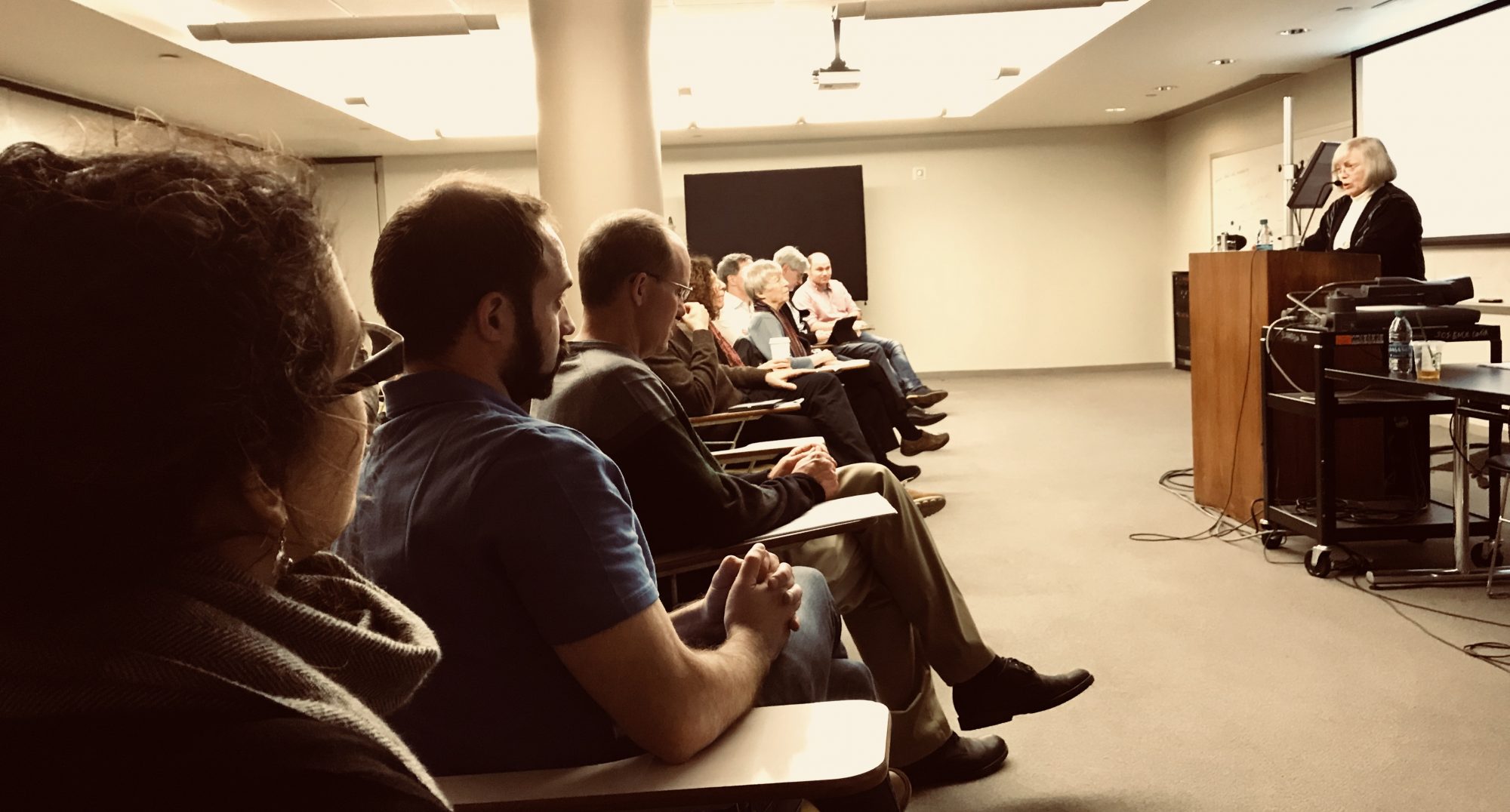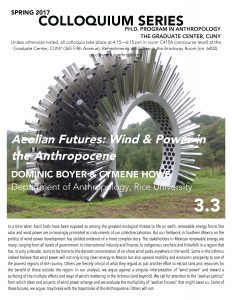Chávez Verses and Flows: Migrant Lives and the Sounds of Crossing
Alex E. Chávez
Nancy O’Neill Assistant Professor of Anthropology, University of Notre Dame
ABSTRACT
In his award-winning book Sounds of Crossing: Music, Migration, and the Aural Poetics of Huapango Arribeño (Duke 2017), Dr. Alex E. Chávez explores the contemporary politics of Mexican migrant cultural expression manifest in the sounds and aural poetics of huapango arribeño, a musical genre originating from north-central Mexico. In this presentation, he draws on this work to address how Mexican migrants voice desires of recognition and connection through performance, and the politics such desires attain amidst the transnational context of migrant deportability. As a researcher, artist, and participant, Chávez has consistently crossed the boundary between scholar and performer in the realms of academic research and publicly engaged work as a musician and producer. In this presentation, he draws on these experiences to address the politics of his intellectual and creative work and how he engages both to theorize around the political efficacy of sound-based practices, the “voice,” and the disciplinary futures of borderlands anthropology.
Friday, February 21, 2020
4:15-6:15 PM | room C415A
The Graduate Center | 365 Fifth Ave.
gc.cuny.edu/anthropology






